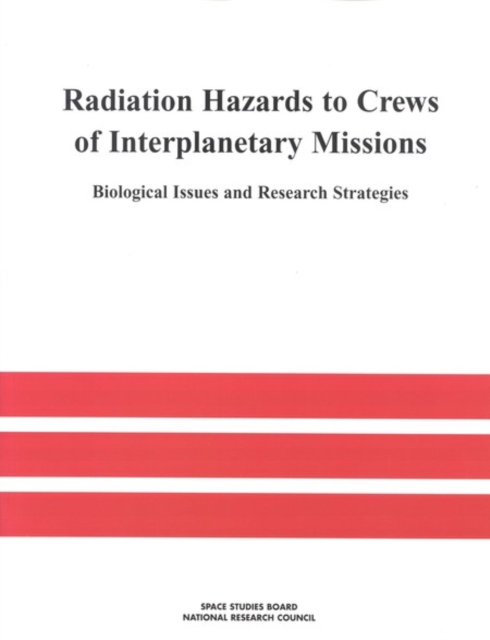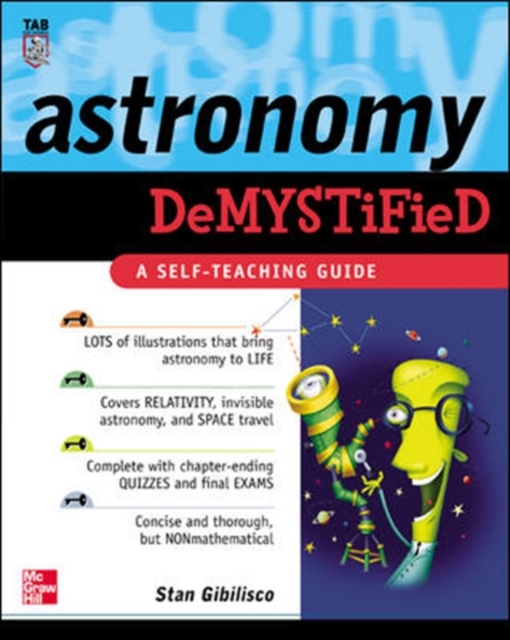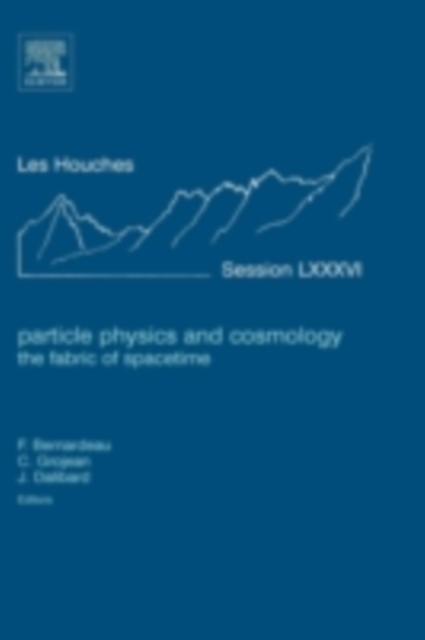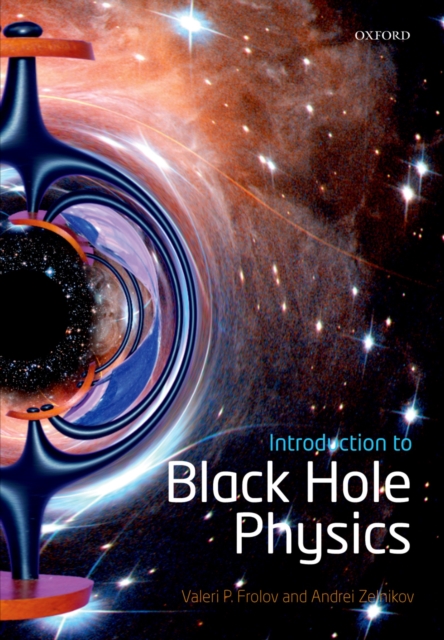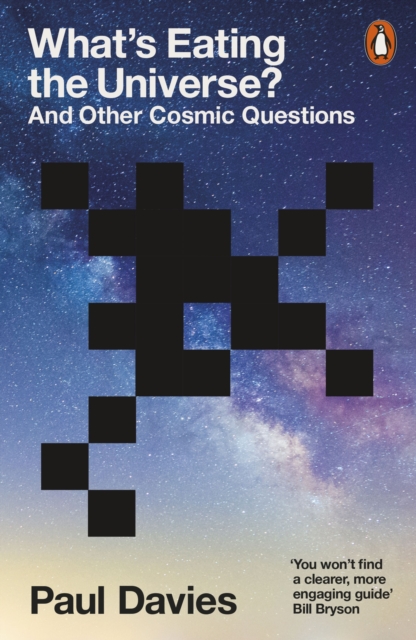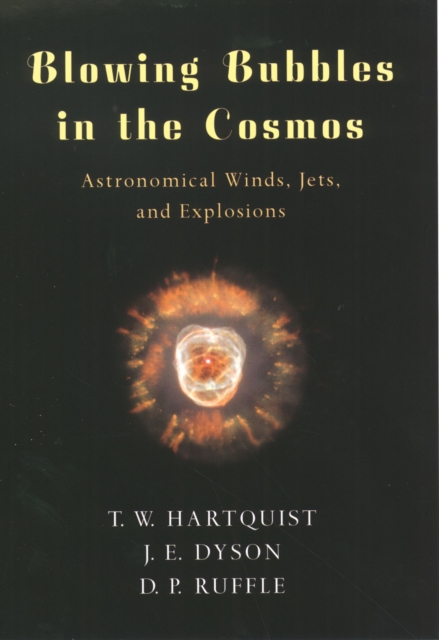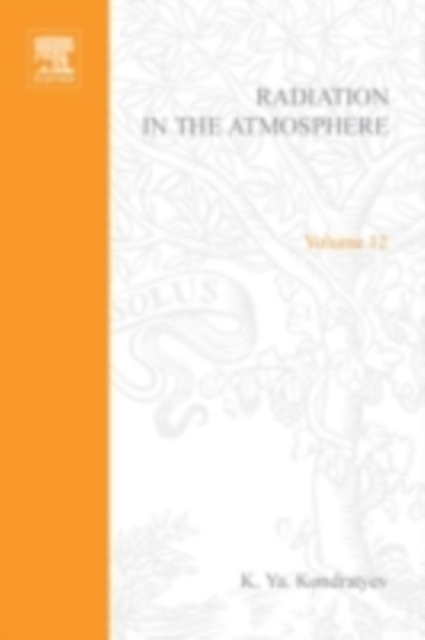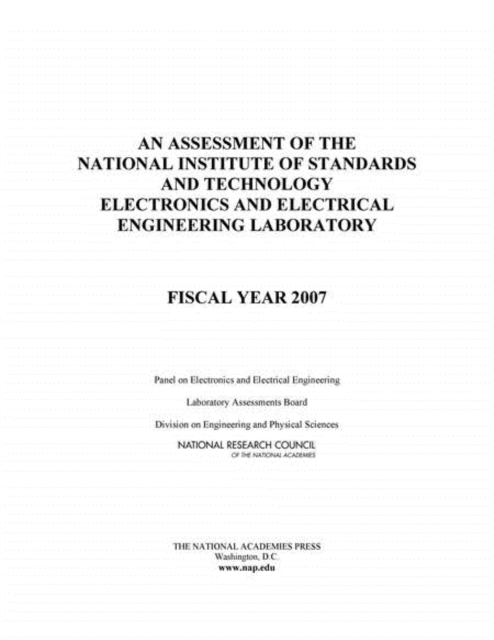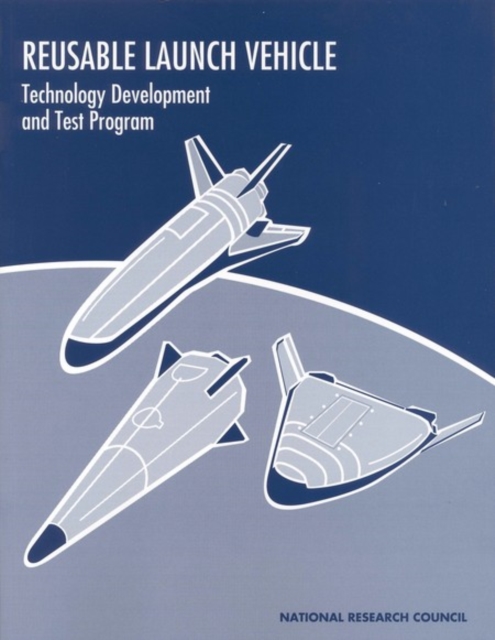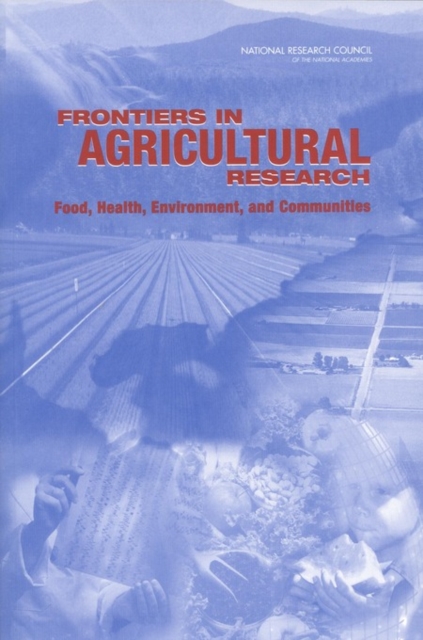NASA's long-range plans include possible human exploratory missions to the moon and Mars within the next quarter century. Such missions beyond low Earth orbit will expose crews to transient radiation from solar particle events as well as continuous high-energy galactic cosmic rays ranging from energetic protons with low mean linear energy transfer (LET) to nuclei with high atomic numbers, high energies, and high LET. Because the radiation levels in space are high and the missions long, adequate shielding is needed to minimize the deleterious health effects of exposure to radiation.The knowledge base needed to design shielding involves two sets of factors, each with quantitative uncertainty-the radiation spectra and doses present behind different types of shielding, and the effects of the doses on relevant biological systems. It is only prudent to design shielding that will protect the crew of spacecraft exposed to predicted high, but uncertain, levels of radiation and biological effects. Because of the uncertainties regarding the degree and type of radiation protection needed, a requirement for shielding to protect against large deleterious, but uncertain, biological effects may be imposed, which in turn could result in an unacceptable cost to a mission. It therefore is of interest to reduce these uncertainties in biological effects and shielding requirements for reasons of mission feasibility, safety, and cost.
Get Radiation Hazards to Crews of Interplanetary Missions by at the best price and quality guranteed only at Werezi Africa largest book ecommerce store. The book was published by and it has pages. Enjoy Shopping Best Offers & Deals on books Online from Werezi - Receive at your doorstep - Fast Delivery - Secure mode of Payment
Digital Rights Management (DRM)
The publisher has supplied this book in encrypted form, which means that you need to install free software in order to unlock and read it.
Required software
To read this ebook on a mobile device (phone or tablet) you'll need to install one of these free apps:
To download and read this eBook on a PC or Mac:
-
Adobe Digital Editions
(This is a free app specially developed for eBooks. It's not the same as Adobe Reader, which you probably already have on your computer.)
 Jacket, Women
Jacket, Women
 Woolend Jacket
Woolend Jacket
 Western denim
Western denim
 Mini Dresss
Mini Dresss
 Jacket, Women
Jacket, Women
 Woolend Jacket
Woolend Jacket
 Western denim
Western denim
 Mini Dresss
Mini Dresss
 Jacket, Women
Jacket, Women
 Woolend Jacket
Woolend Jacket
 Western denim
Western denim
 Mini Dresss
Mini Dresss
 Jacket, Women
Jacket, Women
 Woolend Jacket
Woolend Jacket
 Western denim
Western denim
 Mini Dresss
Mini Dresss
 Jacket, Women
Jacket, Women
 Woolend Jacket
Woolend Jacket
 Western denim
Western denim
 Mini Dresss
Mini Dresss



